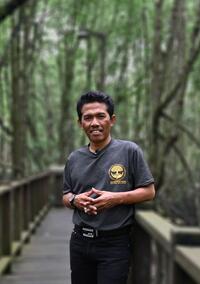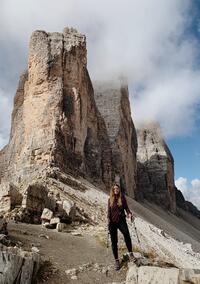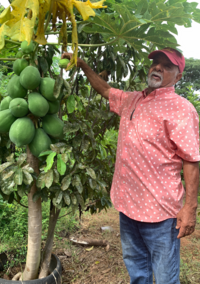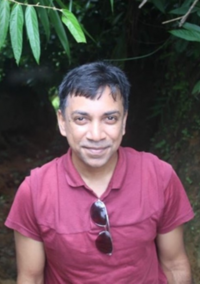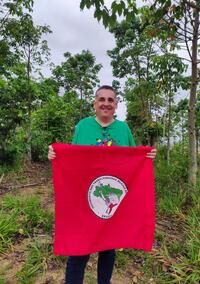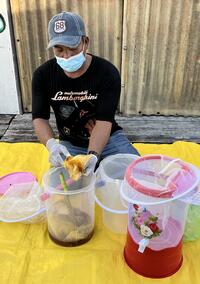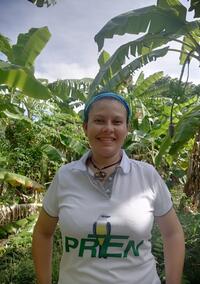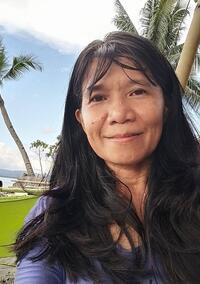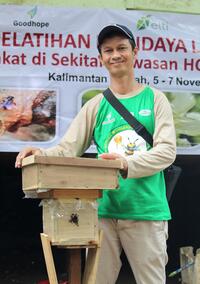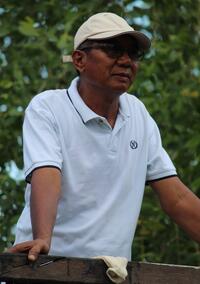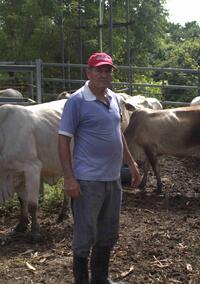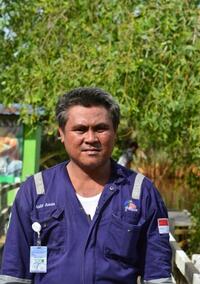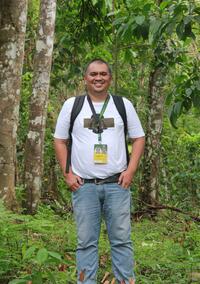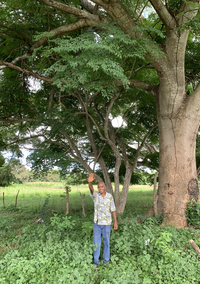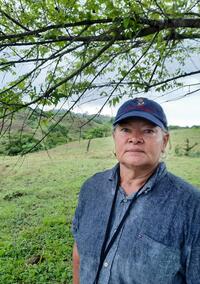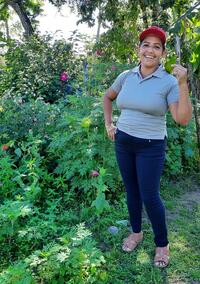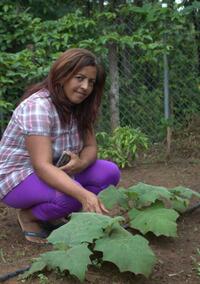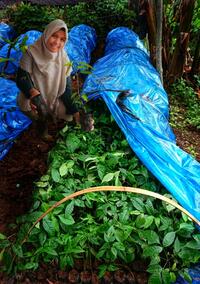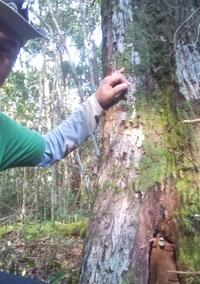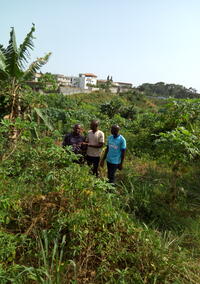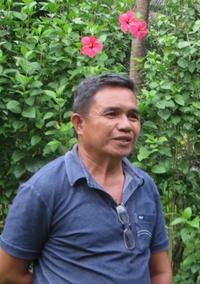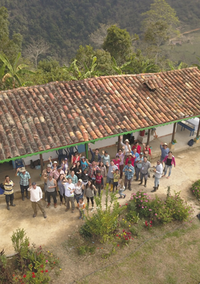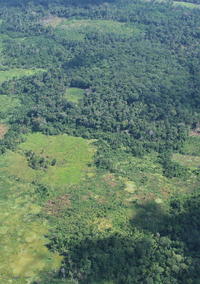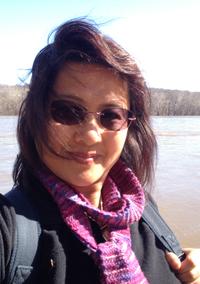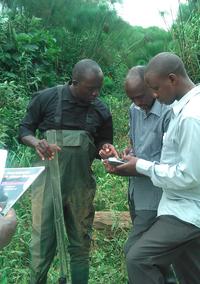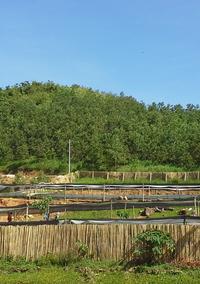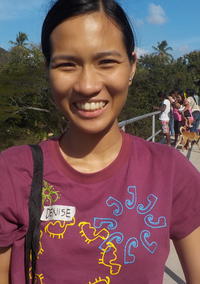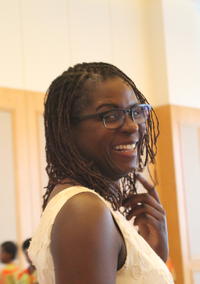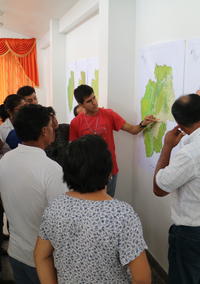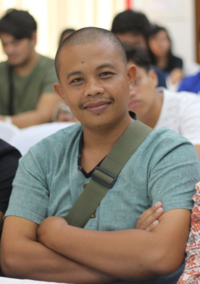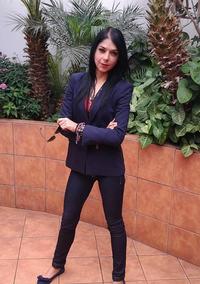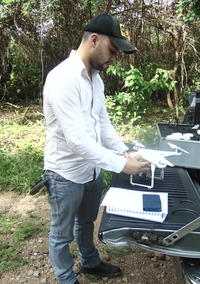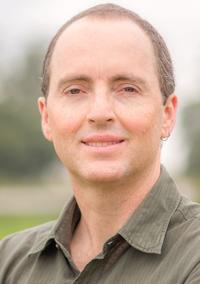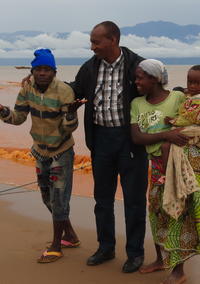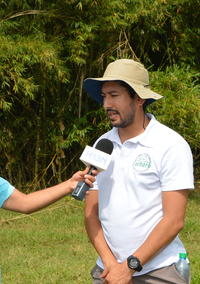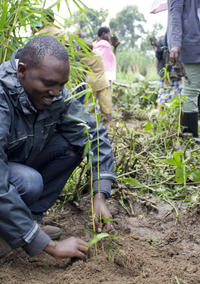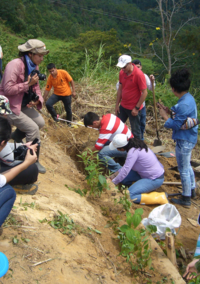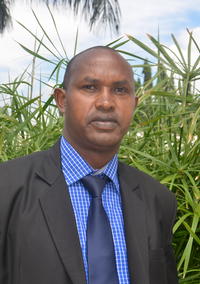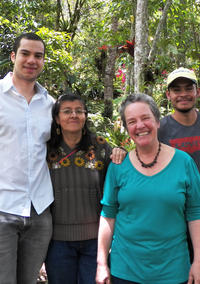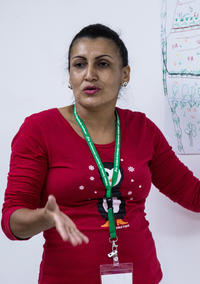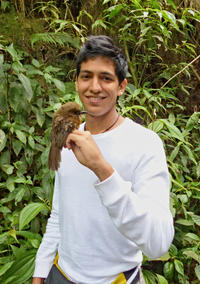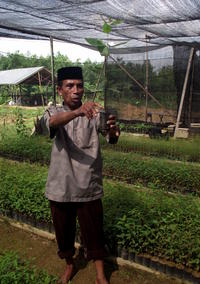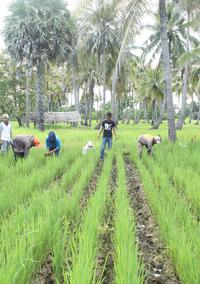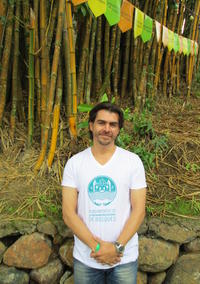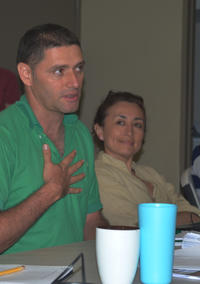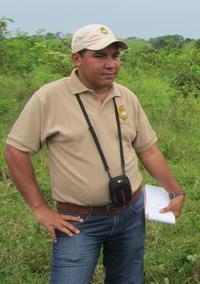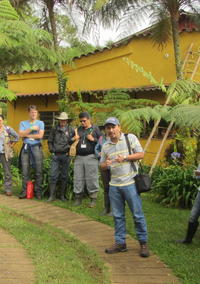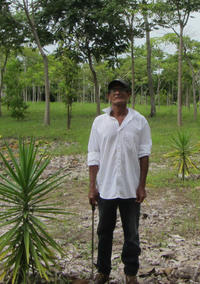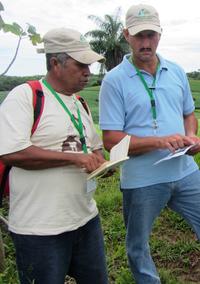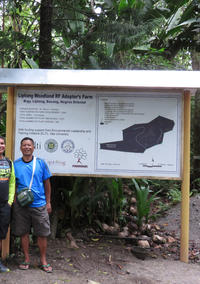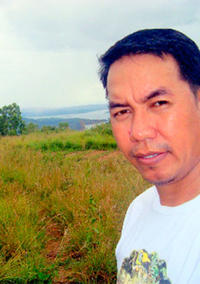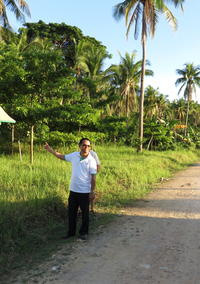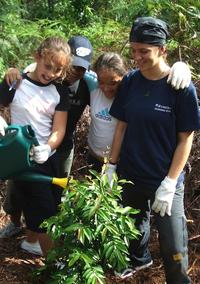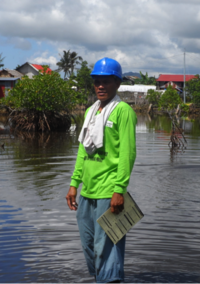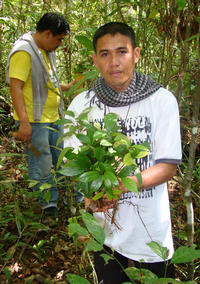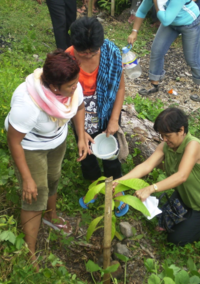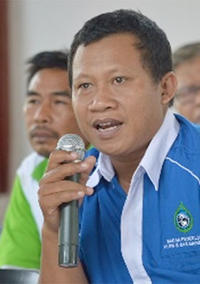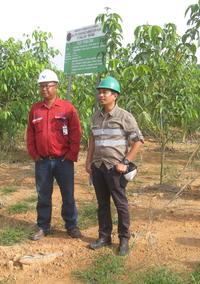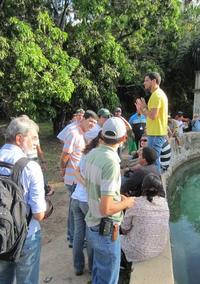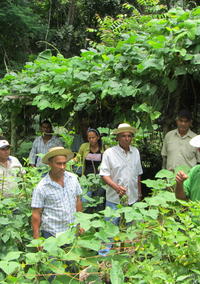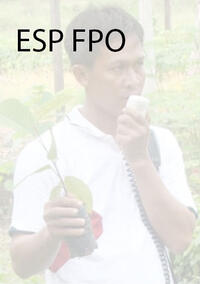You are here
Mobilizing Neighbors to Rehabilitate Coal Mine Sites in Indonesia
In S. Kalimantan, Indonesia, neighbors are quick to copy the successes of others. If a monoculture of non-native rubber or teak proves lucrative for one landholder, his or her peers will remove more native forest to grow the same crops. Likewise, if a local coal vein becomes profitable, others will dig up the land nearby.
Pak Madroji chose a different path. A pioneering farmer, he developed agroforestry on his land, growing a broad array of native fruit and wood species for the past 15 years. In recognition of Madroji’s progressive farming techniques, local, regional and national governments awarded him opportunities to attend a variety of trainings. Also, he was the recipient of the Kalpataru award, Indonesia’s National Award for Environmental Pioneers.
I need to prove that we can make a livelihood from restoring the land. I developed a profitable bio-fertilizer production and native species nursery in the back of my home. I believe others can, too. I’ve partnered with ELTI to show my neighbors that it's easy and cheap to restore the degraded lands in our area.
Pak Madroji
Early on, at one such training with Dr. Yadi Setiadi, a leading expert on mined-land rehabilitation, Madroji discovered compost production, nursery establishment and species collection. Using this knowledge, Madroji offered small nearby mining companies his services replanting the mined land in compliance with national law. Since 2007, Madroji has worked with four companies to rehabilitate 48 hectares of mined land with native species.
In September 2015, Madroji participated in ELTI’s Mined-Land Rehabilitation training in S. Kalimantan and learned more about mining regulations, nursery production, and land preparation for re-vegetation.
During the event, Madroji recognized an opportunity to get his neighbors involved. He received a grant from ELTI’s Leadership Program to conduct two trainings in his village and present the lessons that he had learned.
As of the time of this writing, Madroji and his neighbors are working to determine how best to rehabilitate areas that have already been impacted, and address an aggressive expansion of illegal coal mining nearby. Meanwhile, Madroji’s land serves as a research and demonstration site for students from the local state university.
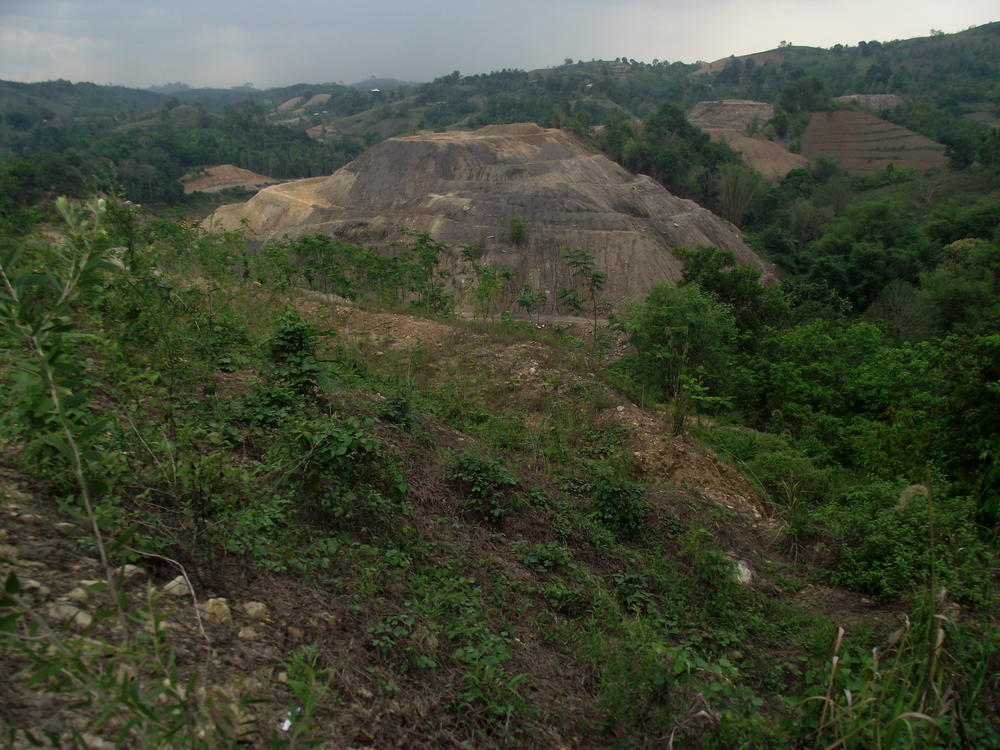
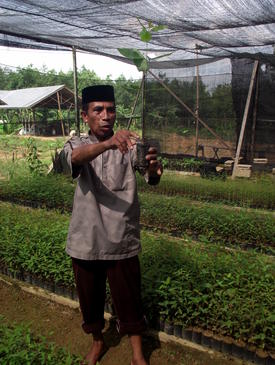
Acknowledgements
Thanks to Dr. Abdi Fitria from Lambung Mangkurat University for providing technical guidelines for Madroji's rehabilitation efforts in South Kalimantan.







